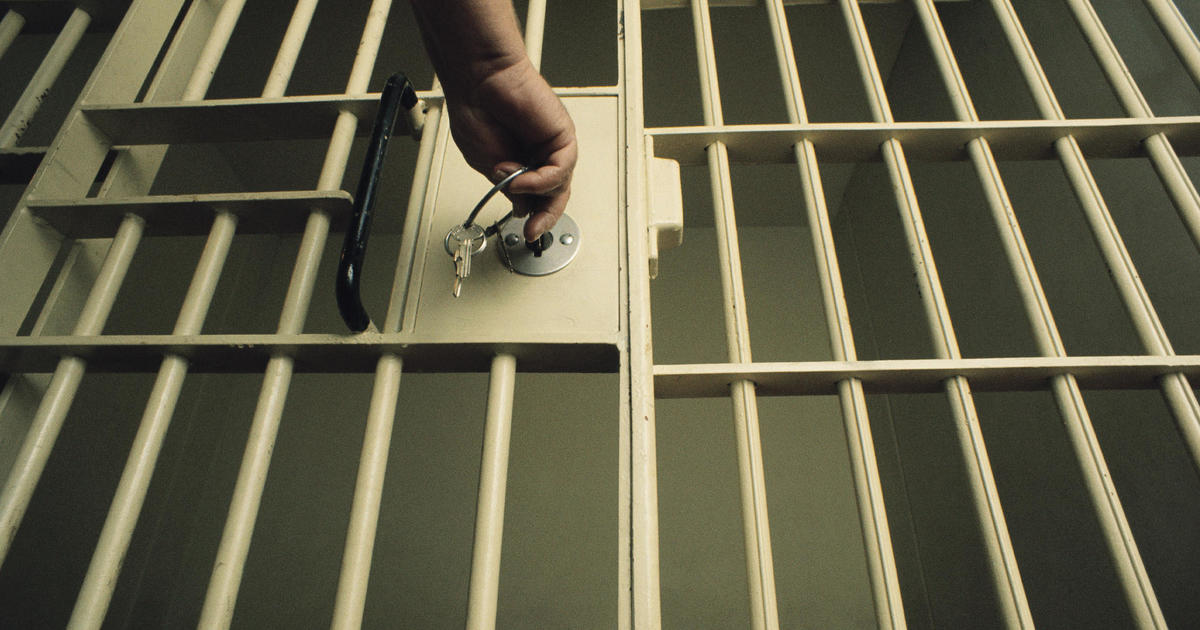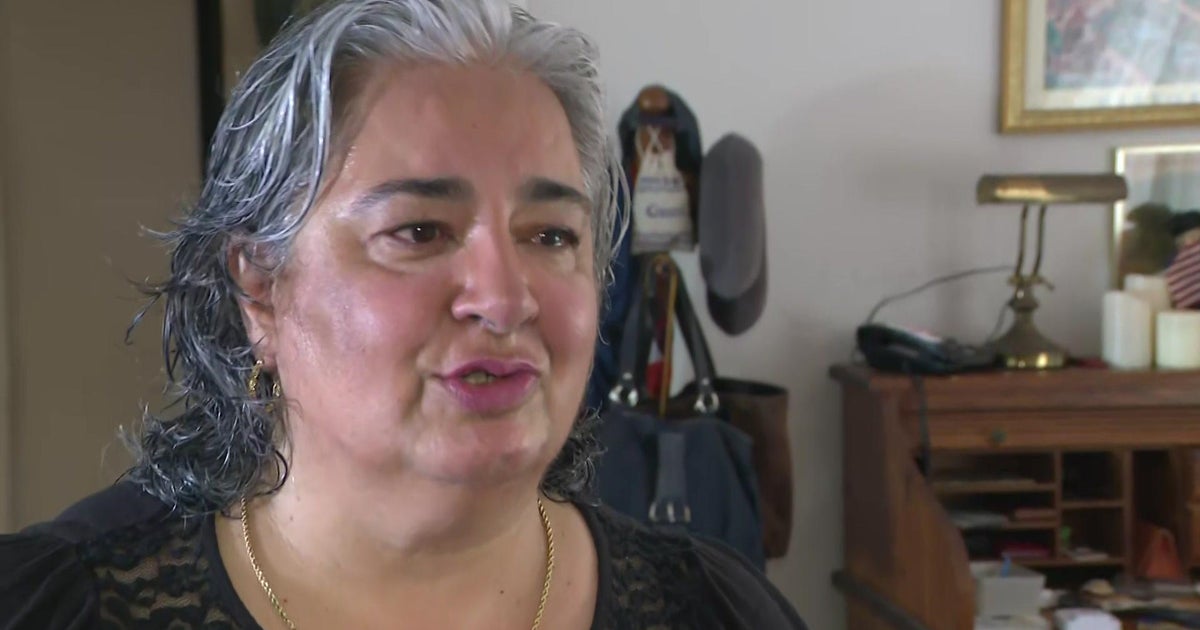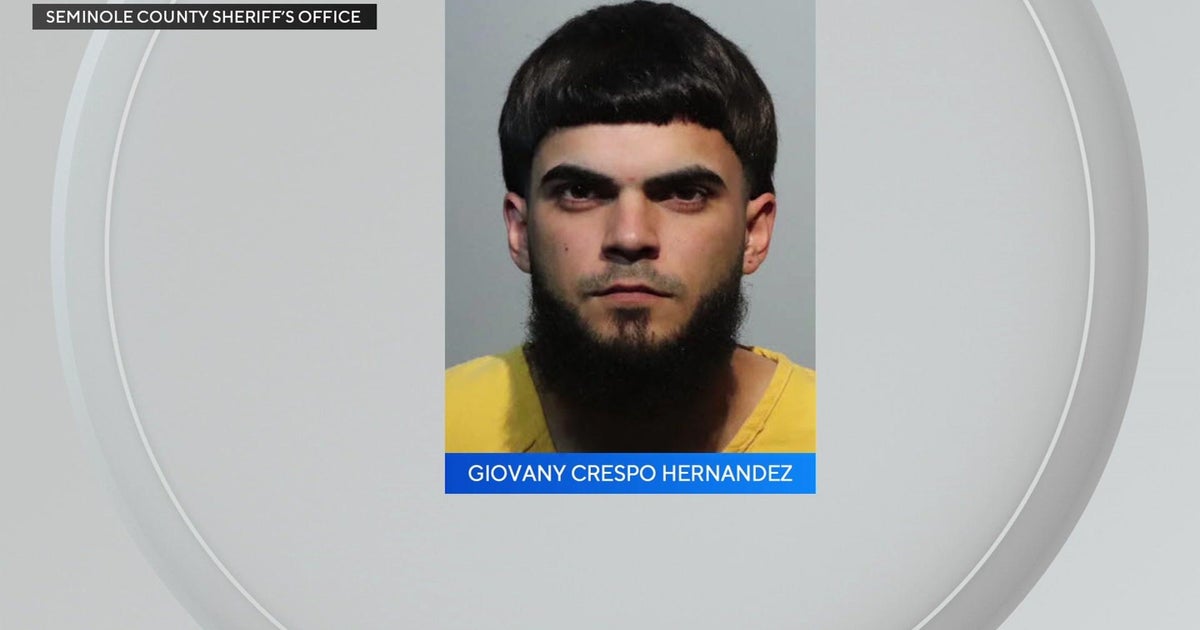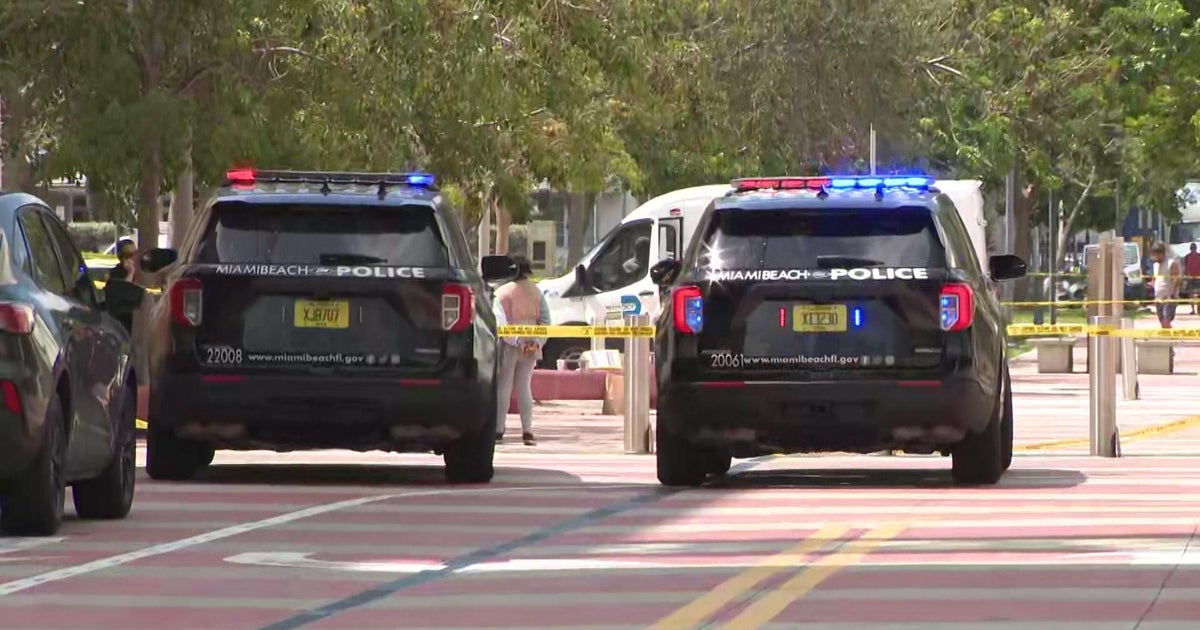Little-Known Campaign Loophole Benefits Rivera
MIAMI (CBS4) - During his years in the state Legislature, David Rivera collected tens of thousands, and possibly hundreds of thousands, of dollars in unreported donations from lobbyists and corporations, CBS4 News has learned.
For more than a year, those contributions – as well as how he spent the money -has been at the center of a joint investigation by the Miami-Dade State Attorney's Office and the Florida Department of Law Enforcement.
But the state's investigation of Rivera has stalled as prosecutors now realize they may not be able to charge Rivera with a crime because Rivera collected the money under a little-known loophole in Florida election law.
State law limits campaign contributions to no more than $500 per person. And elected officials must report every dollar they receive and how they spend it.
"Florida has one of the most comprehensive campaign finance statutes of any state," said Ben Kuehne, an election law expert. "The general presumption is if a candidate is going to run, you should know a lot of things about the candidate, including who is supporting that candidate financially and number two where that candidate's money is going. The idea being, you find out a lot about a candidate when you see who is supporting a person with big dollars."
But tucked in among the 31,890 words of the state's campaign finance law - is this 14 word sentence: "However, this definition does not include any candidate for a political party executive committee."
Kuehne called the provision: "Remarkable."
Between 2002 and 2010, Rivera ran for at least four of these political party positions including Miami Dade Republican State Committeeman.
State committeemen and women are usually unknown party functionaries that have little power or clout. Rivera himself once said being a state committeeman is barely a notch above being elected dog catcher.
Yet Rivera aggressively sought out the position.
Why?
One reason is that using the relatively obscure position of committeeman, Rivera was able to raise unlimited amounts of money and spend it with no oversight whatsoever.
Two sources with access to Rivera's bank records estimate the amount Rivera raised for these executive committee positions at between $200,000 and $300,000. All of which has never been reported. A source close to Rivera referred to it as Rivera's "fun money."
Kuehne, who represented Al Gore during the 2000 Florida election recount, said he can understand why State Attorney Katherine Fernandez Rundle's investigation seems to be going nowhere.
"Election law is complicated," Kuehne said. "But there is something that is called, conveniently, the smell test. Does it smell right? Sometimes it may smell putrid, it doesn't make it illegal, but if it smells bad it certainly is an indication that something is worth investigating."
Under this unusual situation, David Rivera was politically living a double life.
Legislator Rivera could only accept checks for $500 from corporations and lobbyists. But at the very same time Committeeman Rivera was collecting checks for $5,000 and $10,000 from these same corporations and lobbyists.
Legislator Rivera would have to publicly report all of his contributions. Committeeman Rivera didn't have to tell anyone the names of his donors or how much they gave.
Legislator Rivera had to publicly report how he spent the money. Committeeman Rivera kept all his expenses a secret.
CBS4 News wanted to ask Rivera about the propriety of a legislator collecting unreported money from lobbyists and whether it influenced his position as a legislator. But as soon as Rivera realized we had discovered what he had been doing, he wasn't happy.
"I know you have no manners, but I'm going to say hi to all these people and then you'll go last," he told CBS4's Jim DeFede during a recent event at Miami International Airport.
Despite the issues with the campaign finance law, Investigators from FDLE continue to try and press their own investigation.
In August, sources say the state attorney's office was on the verge of charging Rivera with theft. Among the questionable campaign expenses was a vacation trip he allegedly took with a girlfriend.
But then Rivera hired criminal defense attorney Michael Band. And it was Band who explained to prosecutors the significance of the loophole in the law that allows Rivera to do just about anything he wants with the money he received as a committeeman.
When CBS4's Jim DeFede finally did have the opportunity to confront Rivera, he still refused to answer any of any questions.
"Email any questions you have to my campaign," he said repeatedly. "Just email me; you'll get all your answers."
CBS4 News immediately emailed Rivera a number of questions, including:
- How much money did you raise for the 2004 committeeman race, the 2008 committeeman race, and your races for chairman of the Miami Dade Republican Party?
- Will you release the names of the people and corporations who gave you money, as well as how much they gave you and the dates when the contributions were made?
- Did you solicit or accept contributions from these individuals and corporations during any of the Florida Legislative sessions?
- Did you deposit the money into your own personal bank account or did you establish independent bank accounts for each campaign?
- Will you provide an accounting of how the money was spent, including bank records and copies of cancelled checks showing where the money went?
- Did you spend any of the money on trips for yourself and others? If so, can you please explain the nature of these trips and who went with you?
- As you are aware, the Miami Dade State Attorney's Office is investigating your use of the money and whether your expenditures constitute theft. Would you care to comment both on the investigation and the underlying suspicion that the money was misappropriated by you?
- Do you believe those who carved out an exemption for committee races in Chapter 106 ever envisioned a sitting member of the Legislature, collecting hundreds of thousands of dollars from lobbyists and corporations, without having to report any of that money? Whether legal or not, do you believe your actions were appropriate?
- Do you believe the loophole in Chapter 106 – which allowed you to collect and spend this money without the public ever knowing about it – should be closed?
- Have you ever discussed the benefits of this loophole with your legislative colleagues who followed you in these party positions? I am specifically referring to Marco Rubio (who became a committeeman), Erik Fresen (party chairman) and Carlos Lopez-Cantera (committeeman).
- You recently hired criminal defense attorney Michael Band to represent you in this matter. Given your limited income, how are you paying for Mr. Band's services?
- In the last 18 months, have you amended any of your federal income tax returns for the previous seven years?
Despite his promise to respond, Rivera never replied to the emails the station sent him in October and November.



